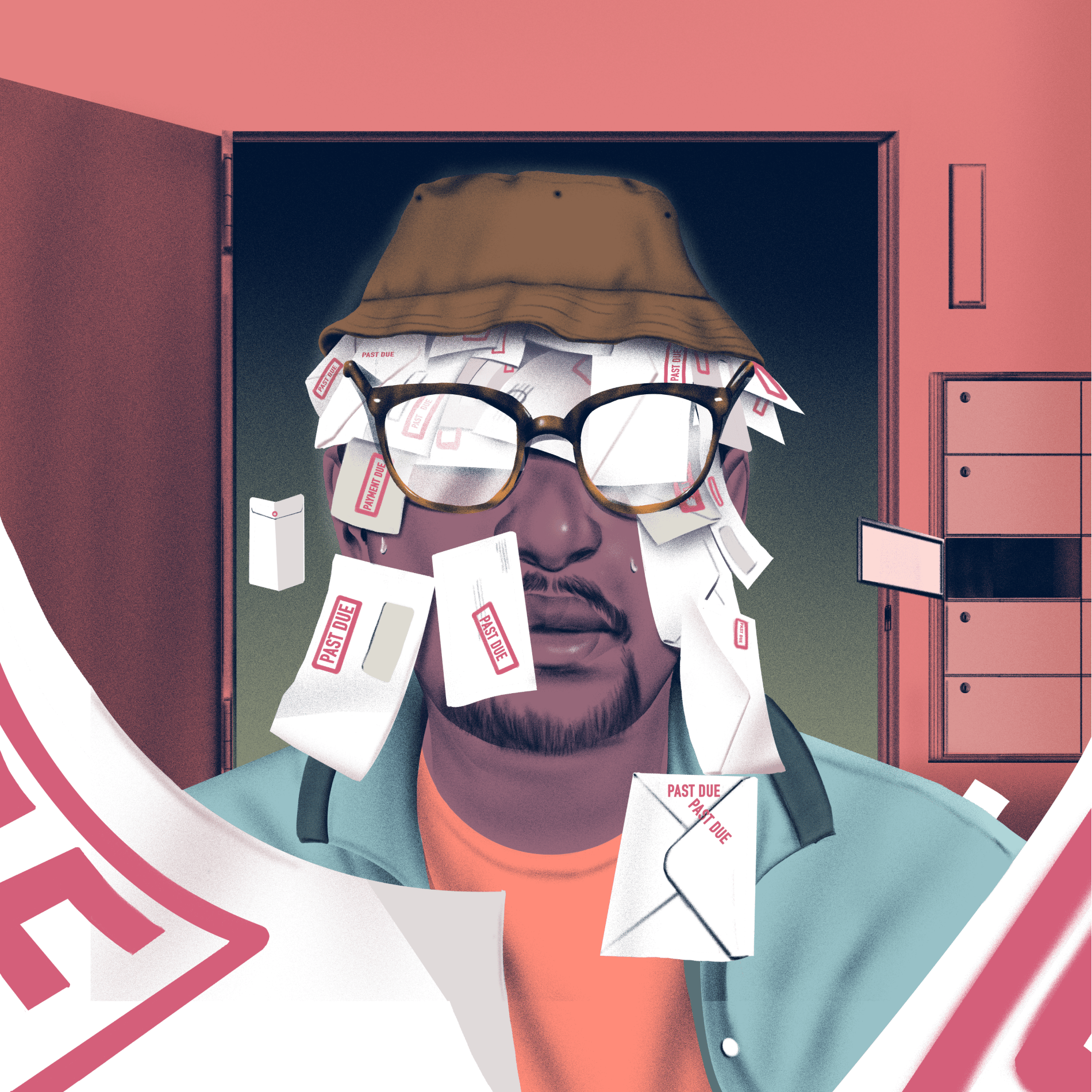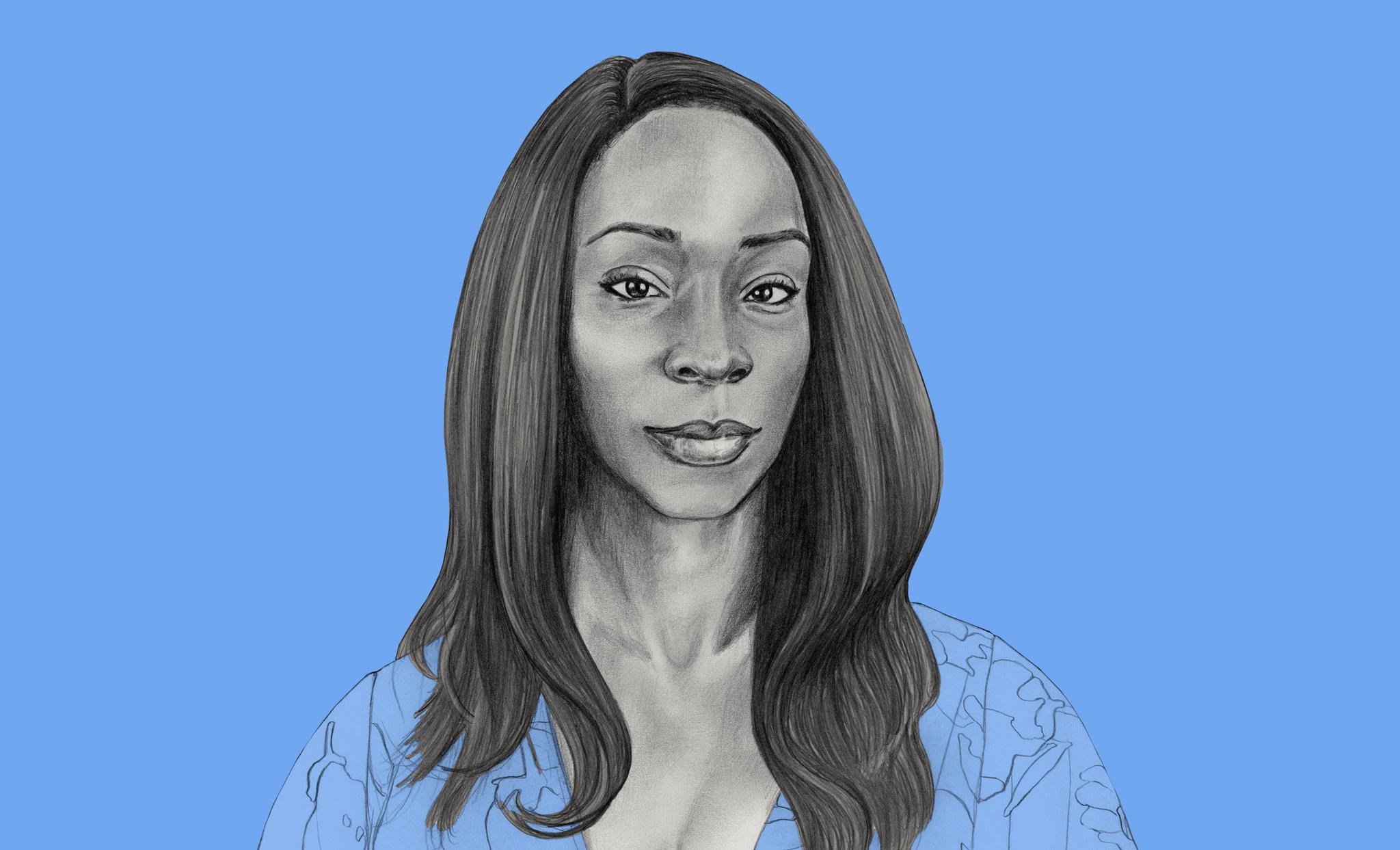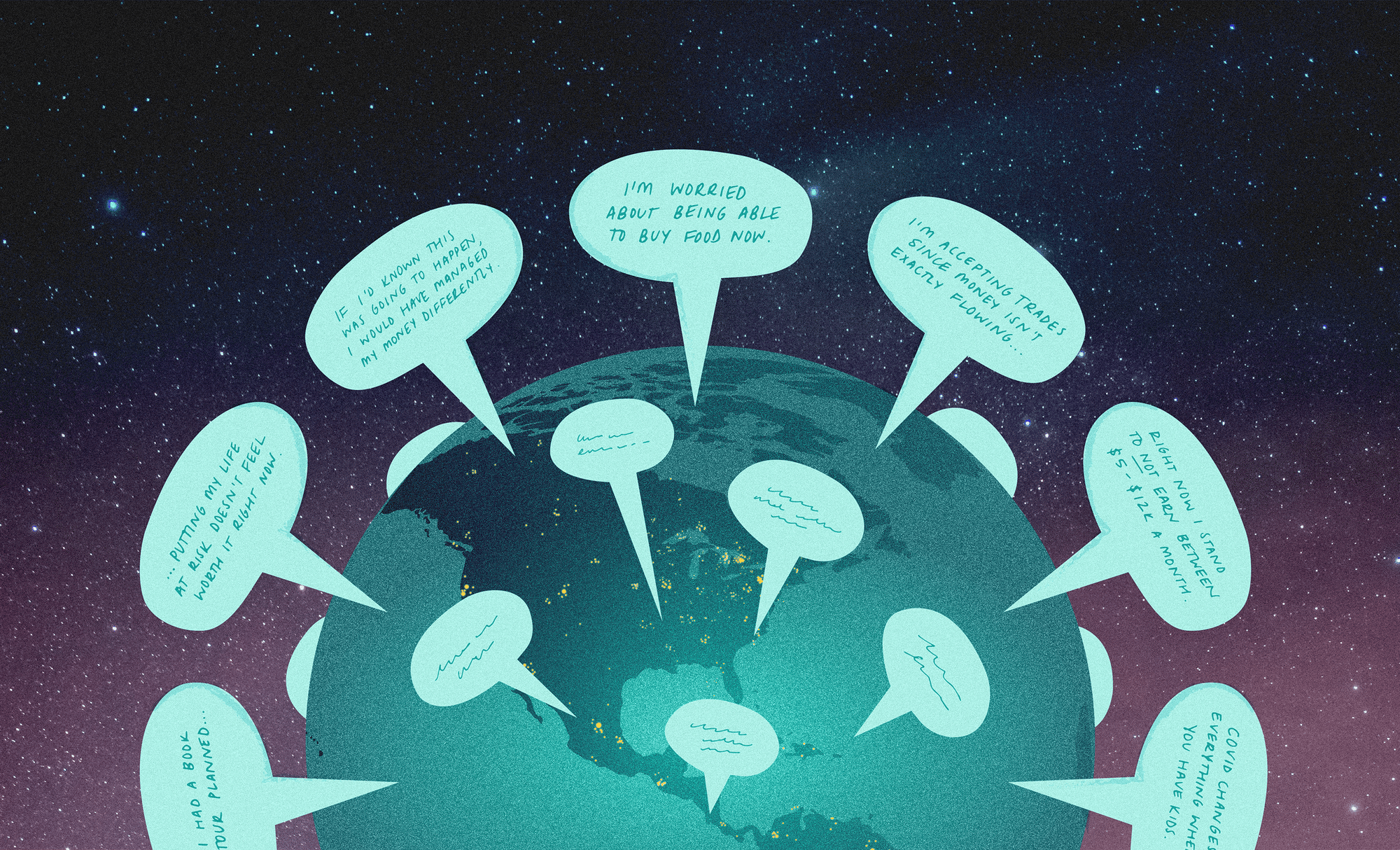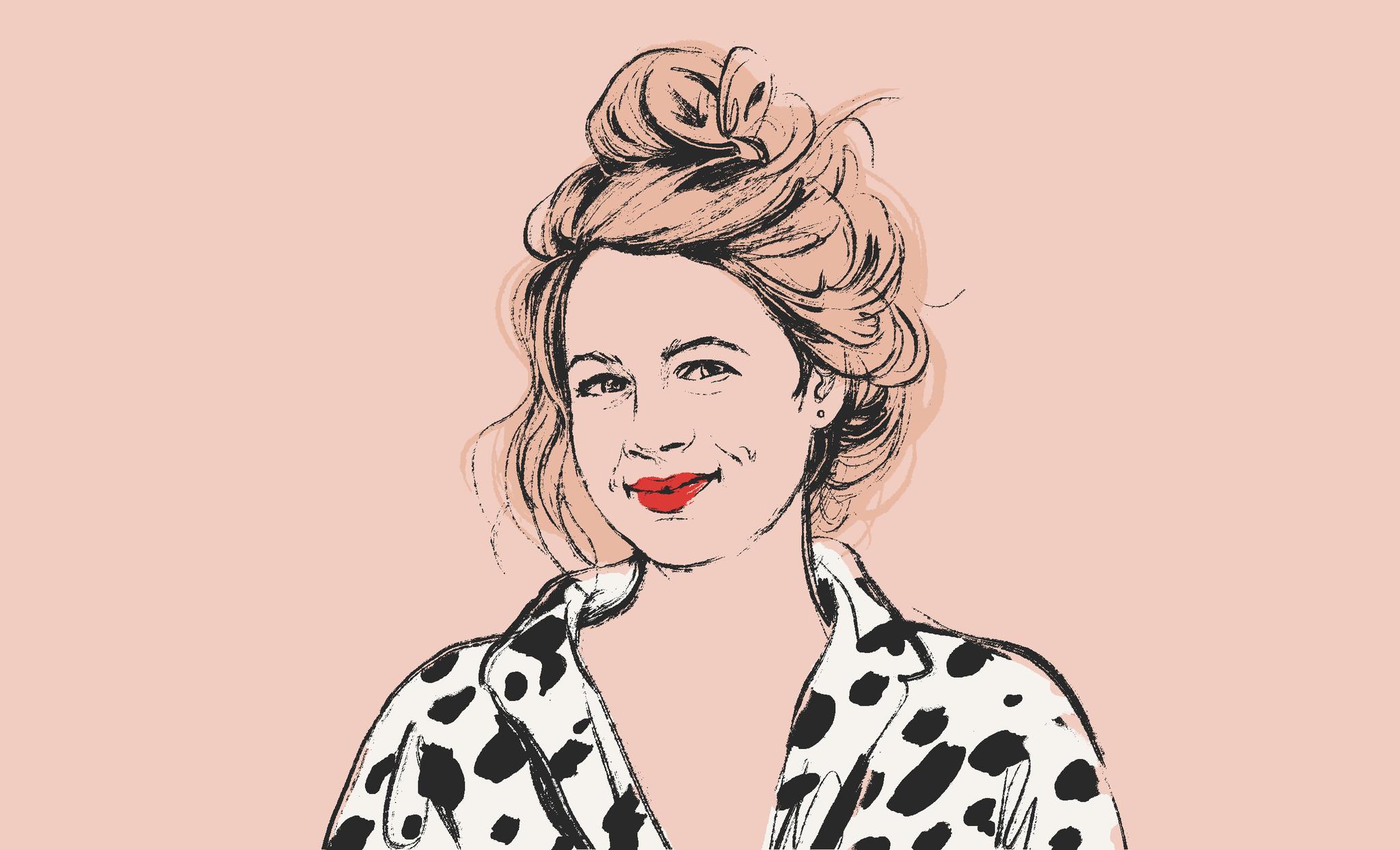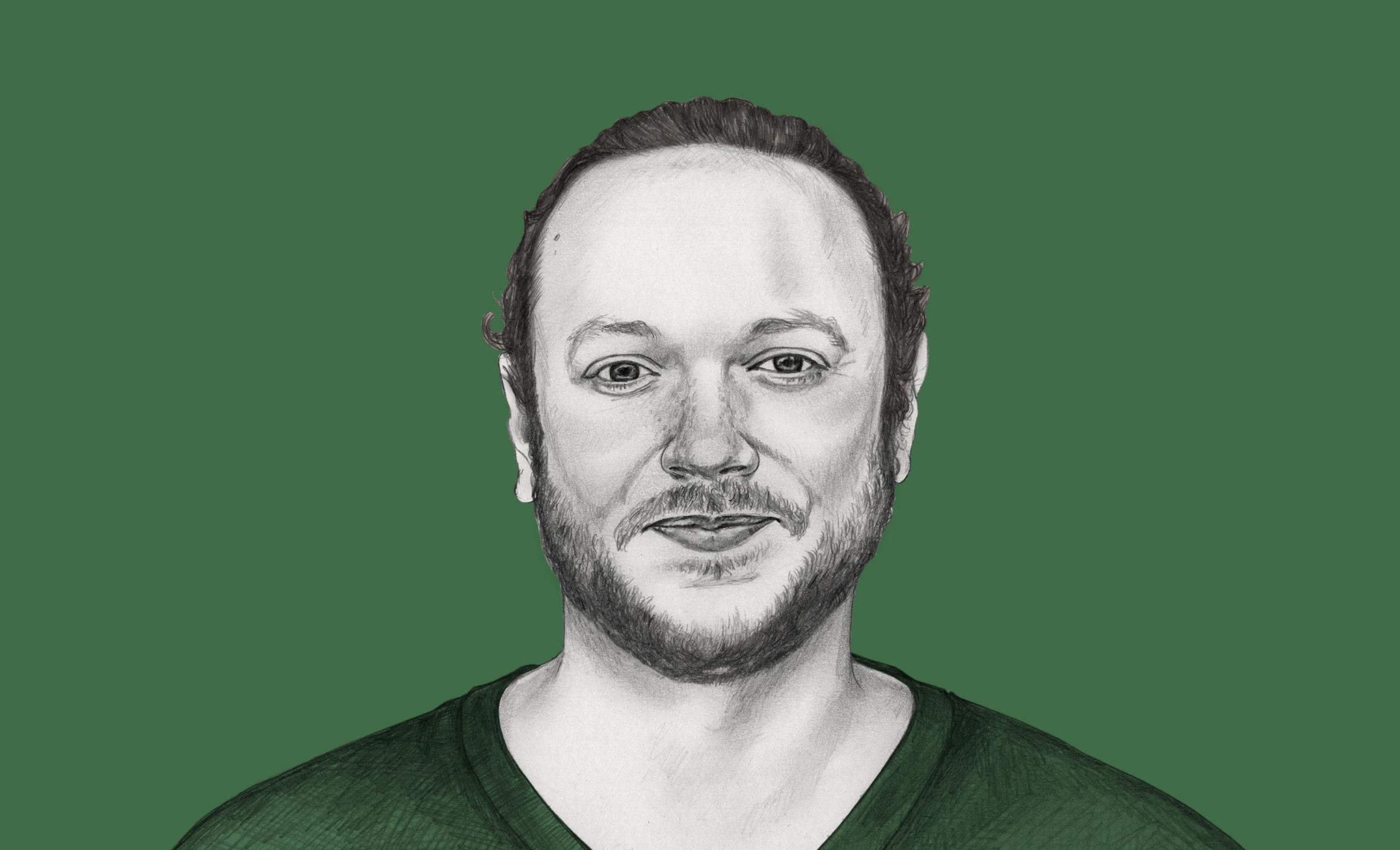
Money Diaries
The Financial Life of a Weed Entrepreneur
David Alport may be one of the most established players in Oregon's booming marijuana industry, but he's still living in a modern day Wild West.
Wealthsimple makes powerful financial tools to help you grow and manage your money. Learn more
Wealthsimple is a whole new kind of investing service. This is the latest installment of our recurring series “Money Diaries” where we ask interesting people to open up about the role money has played in their lives.
Most people don’t talk about smoking pot at the age of thirteen as a foundation for their career. But that’s where it began for me. As soon as I first tried smoking pot I determined it wasn’t the perilous substance it had been made out to be, as if it were similar to crack or heroin. Around the same time, I got my hands on the Cypress Hill album Black Sunday, and I remember poring over the liner notes inside the CD case. They were filled with political rhetoric in support of marijuana legalization, with a list of facts like cannabis was first cultivated in China thousands of years ago, and the Declaration of Independence was written on hemp paper, and one acre of hemp produces as much paper as four acres of trees.
At thirteen, I gave a speech in front of my school advocating for the legalization of marijuana – as well as the prohibition of alcohol. (Which caused 150,000 deaths a year, I told my audience, quoting the Black Sunday liner notes.) When I was finished, you could hear a pin drop in that auditorium. I was looking out at a sea of blank faces. “Uh, this is a little awkward,” I thought.
But you could say that the seed was planted back then. And by the time I reached adulthood, the tide was turning against marijuana prohibition. Those two elements would merge in my late twenties when I got in on the ground floor of an industry that’s expanding so rapidly that no one can really forecast what’s going to happen next.
Here, where I live in Portland, Oregon, I run two marijuana dispensaries under the name Bridge City Collective; two edible companies, Velobar and Portland Premium; and several cultivation sites, including two warehouses for indoor grows, as well as an outdoor grow site with a light deprivation greenhouse all under the name Panda Farms. It wasn’t like I had a business plan to get involved in every step of the production and sale of cannabis. It just kind of happened. The opportunities presented themselves and I thought “I’m already in this deep, I might as well go for it!”

Sign up for our weekly non-boring newsletter about money, markets, and more.
By providing your email, you are consenting to receive communications from Wealthsimple Media Inc. Visit our Privacy Policy for more info, or contact us at privacy@wealthsimple.com or 80 Spadina Ave., Toronto, ON.
Separate from my Oregon work, I’m partnering on a few larger ventures in other states. It’s the next level for me and very exciting. It’s like, “Okay, I’ve learned how to operate here in Oregon. I’ve honed my craft and now I can take it to a bigger stage. I can help that many more people access cannabis as medicine.”
When I graduated from business school, I went to work for Nike running their rock climbing gym. As an avid rock climber myself, this was an ideal job in so many ways. I did it for four years. Then I had a chance to step deeper into the company and climb the corporate ladder. But by then I knew that corporate culture wasn’t for me.
I had a friend whose father was a successful commodities trader who also happened to have a couple of seats on the New York Mercantile Exchange. My friend invited me to live in New York City and make a go at trading copper with him. A great aunt had recently passed away and left me $50,000 - that was the bare minimum you could use to start trading on the Exchange. So I left Nike, moved to New York and went for it. I was a mediocre trader at best – I’m not a very aggressive person, so I wasn’t down in the pit fighting over deals or anything like that. Then the Great Recession of 2008 hit, and all of the philosophies and tools I’d been taught weren’t working anymore. My account was dwindling and I decided to call it day.
When I came back to Portland I got involved with some friends who were talented cannabis cultivators. At that time, cannabis was legal for medicinal use only. When I would go out and sell to the different dispensaries, it was kind of the Wild West at that time. There wasn’t any licensing, governing body regulating the medical marijuana industry, so people just opened up their stores knowing that at any moment they could be shut down and thrown in jail. Today you can see these types of “gray market” dispensaries in other states. Cannabis is being sold in states that are early in the legalization process by pioneers who want in on the game but are taking a huge risk.
I’d say the biggest hurdle to success in this industry is the fact that cannabis is still listed as a Schedule I Controlled Substance by the DEA.
In 2013 the Oregon legislature created a licensed dispensary program. I knew that was going to be my first opportunity to hop on that train. It was at that time that I decided to open two dispensaries. I searched for the best locations and worked to raise money. In hindsight, it was not nearly enough, but that’s how you learn. My first two stores opened their doors in 2014.
Recommended for you
One store consistently lost money, and the other made a profit, but not enough to cover the losses. A main factor that saved Bridge City Collective was my grow operation, run out of a big warehouse. I was using that to put flower on the shelves of my store and also to sell to other dispensaries. For me, being a business owner feels curiously non-egotistical — the health of your business always comes first.
My father was a successful businessman and an artist. He was a graphic designer who started his own branding and design firm in a tiny office in Chicago. Eventually, he had accounts with General Mills, Pillsbury, Coca-Cola and Perrier, and offices in Chicago, New York, and Cincinnati, as well as partnerships overseas. He was like Don Draper, only not as flashy. He was more of a mustache and glasses type of guy. Growing up, there were tons of art books in our house, a rotating collection of paintings and sculpture and photographs – not high dollar, sought-after stuff, just work that caught my dad’s eye – like a hand-drawn alphabet by a German calligrapher and type designer named Hermann Zapf. So while I was deciding on the design for the interiors of the dispensaries, the packaging, websites and logos, I was aiming for an aesthetic that’s thoughtful and appealing and set us apart. That propensity for design stems from my dad, his love of art and design, and the environment my brother and sister and I grew up in.
We’re using green in our palette now but we resisted that for a long time. As you can imagine, every cannabis company is using green – the same shade of green, PMS 3405C, a dark spring green. We were determined not to use that shade, so we tested out many different greens. But eventually everything circled around and pointed right back to the original green. You’ll see it used in the banner of our Facebook page – thoughtfully, I hope.
When Oregon approved marijuana for recreational use, the business took a giant leap forward – not just my individual businesses but the whole industry. We were well positioned and excited but we had no idea what to expect. We stocked up on everything we could possibly imagine: edibles, waxes, shatters, oils, cartridges, and flower. We also moved from weighing out our flower for each customer as they purchased it to prepackaging it. That did two things for us: It reduced our time to check out each customer and keep the flow going through the store, and it also allowed us to better manage our inventory, which was a huge benefit.
Something else that proved challenging was deciphering each customer’s needs when he or she walked through the door of our dispensaries. A lot of so-called recreational users are actually there for medical reasons — for pain or insomnia or anxiety. Our budtenders had to figure out how to find out what the customers needed so we could serve them better, but without being intrusive.
I don’t think there’s a more competitive cannabis market in the world than Oregon right now. We’re an open license state, unlike Ohio, Maryland or Illinois, so there’s no cap on the number of marijuana licenses the state issues. The licensing fee here is only $5000, which is a low barrier to entry. So the competition is fierce and surviving here is not easy. But there are benefits – frenetic competition drives innovation. We have some amazing new products in research and development that are pushing the envelope, so as we enter new markets, the quality of our flower and oil and the technologies used to produce them will help keep us on the leading edge.
I’d say the biggest hurdle to success in this industry is, for a number of reasons, the fact that cannabis is still listed as a Schedule I Controlled Substance by the DEA. For example, when it’s time to pay your taxes, you can’t claim certain business expenses, such as advertising, payroll, and rent. Hypothetically you could have a business that’s not profitable but still has a sizable tax bill.
After recreational use was legalized, a lot of the smaller businesses here in Portland just faded away. There was so much happening all at once, and changes coming down every day in terms of regulations. I think it was just exhaustion. You can see this same thing happening in state after state as they legalize – it’s such a rapidly shifting landscape that few can keep up with it. You have to carefully choose your goals and take it one step at a time.
Right now, you’ve got two types of big players in the industry. You have companies that are coming to the table with a lot of money that plan to outspend their competitors and get really big and win by their sheer size. And then you have companies that are product-driven, that care deeply about what they’re offering the consumer, and that sets them apart. I think we’re going to see that come to a head. Not now, when there’s so much happening all at once. But eventually the dust will settle and the market forces will come into play. Then we’ll see which group carries the day.
I have a real passion for this industry because I feel so strongly about the legalization movement itself. Even at thirteen, I found myself learning everything I could about cannabis, and along the way I found myriad reasons to support its legalization: medical, environmental, political, even spiritual. And of course, there are countless health benefits that we’re missing out on and research that’s not being done on a plant that many physicians consider a miraculous healer. It has always been about more than a personal lifestyle choice for me. I thoroughly enjoy the business aspect, but it’s the industry's deeper dimension that gives me that extra oomph when I wake up in the morning.
As told to Kathy Dobie exclusively for Wealthsimple. Illustration by Jenny Mörtsell.
Wealthsimple's education team is made up of writers and financial experts dedicated to making the world of finance easy to understand and not-at-all boring to read.
